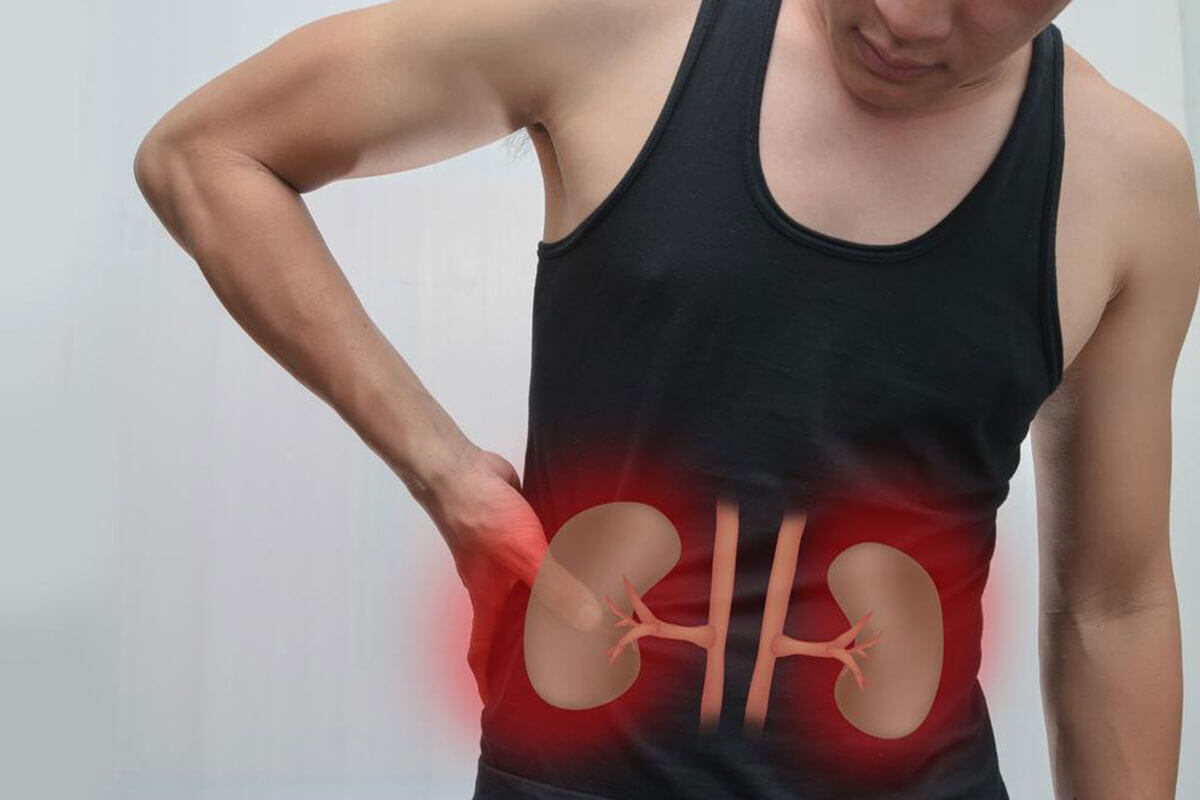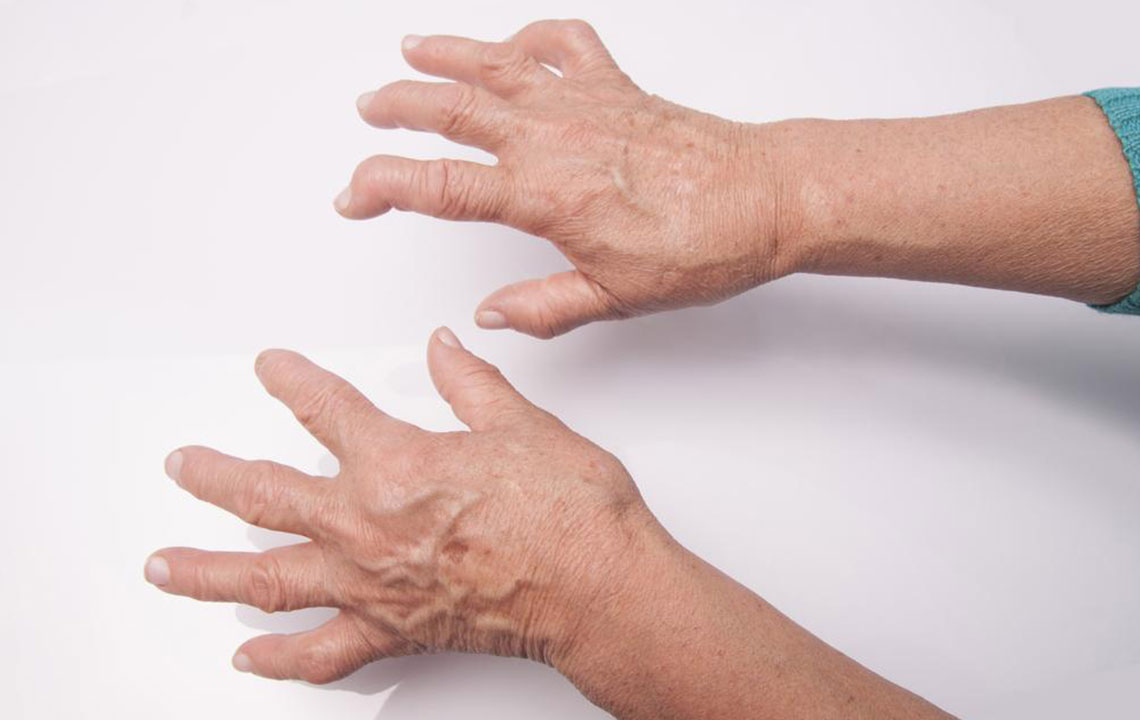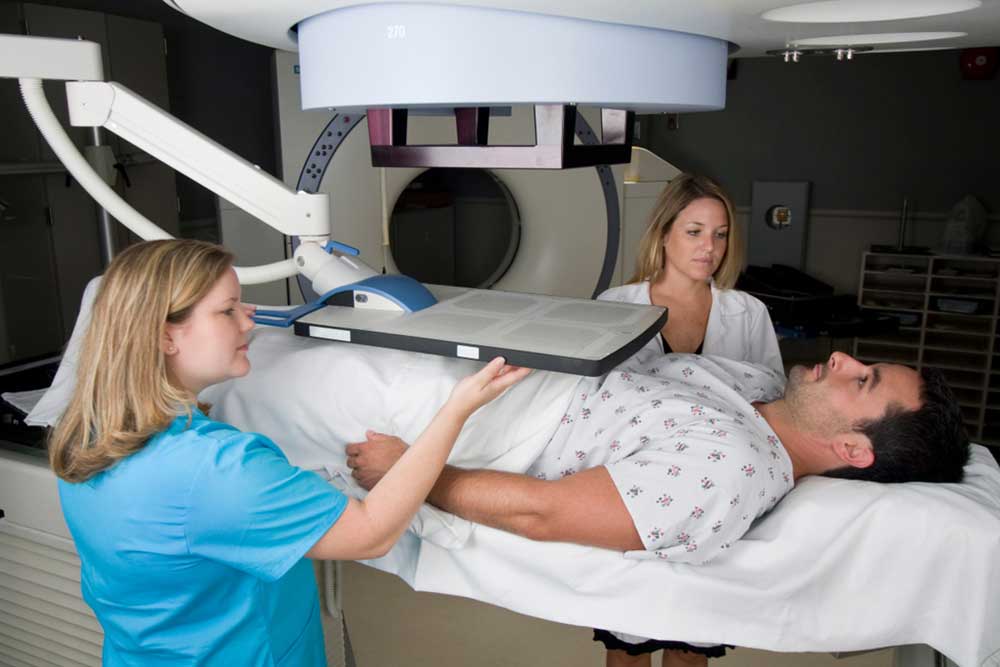Essential Kidney Cancer Symptoms You Should Not Ignore
Early detection of kidney cancer is vital for successful treatment. Recognize symptoms like unexplained weight loss, persistent fever, back pain, blood in urine, anemia, fatigue, abdominal lumps, and high blood pressure. If you experience any of these signs over time, consult a healthcare professional promptly. Awareness and timely medical attention significantly improve prognosis, making it essential not to ignore subtle or persistent symptoms related to kidney health.

Recognize Key Symptoms of Kidney Cancer Early
Early stages of kidney cancer often lack clear symptoms, making detection challenging. Awareness of potential signs is crucial for timely diagnosis and better treatment outcomes.
Kidney cancer results from abnormal growth of malignant cells in the kidney tissues, forming a persistent tumor. This disease, known as renal cell carcinoma, typically originates in the small tubes within the kidney. Detecting it before it spreads improves the success rate of treatments significantly.
Although the exact cause remains unknown, the silent progression of kidney cancer complicates early diagnosis. Some symptoms mimic other health issues, leading to potential delays. Be alert to these signs and consult a healthcare professional promptly if they appear:
Unexplained weight loss
Unexpected weight loss of 5-10% without dietary changes warrants medical evaluation to rule out kidney cancer or other conditions.
Persistent fever
Long-lasting fevers not linked to infections like cold or flu may be a subtle signal of kidney issues.
Persistent back or side pain
Unrelenting pain in the back, especially below the ribs, despite medication, can be a warning sign.
Blood in urine
Hematuria, or blood in urine, often appears as pink or red discoloration. However, it can also stem from infections or stones, so testing is essential, especially when accompanied by other symptoms.
Anemia
Reduced red blood cells cause fatigue and pale skin, potentially indicating underlying kidney disease.
Extreme fatigue
Ongoing tiredness that impairs daily activities could be related to kidney health issues.
Abdominal lump
Feeling a mass or swelling near the kidney may require ultrasound scans for confirmation.
High blood pressure
Hypertension, especially in older adults, can be linked to kidney problems and warrants medical assessment.
Remember, these symptoms aren't exclusive to kidney cancer; they can also indicate other illnesses. Nevertheless, persistent signs should never be ignored. Early detection improves treatment success, so seek medical advice if these symptoms occur and continue over time.
Note:
Our blog provides valuable insights across various health topics. While our information is based on research, it should not replace professional medical advice. Always consult healthcare providers for diagnosis and treatment decisions. We disclaim responsibility for inaccuracies or differences across platforms, and readers should consider different schemes and offers available locally.










